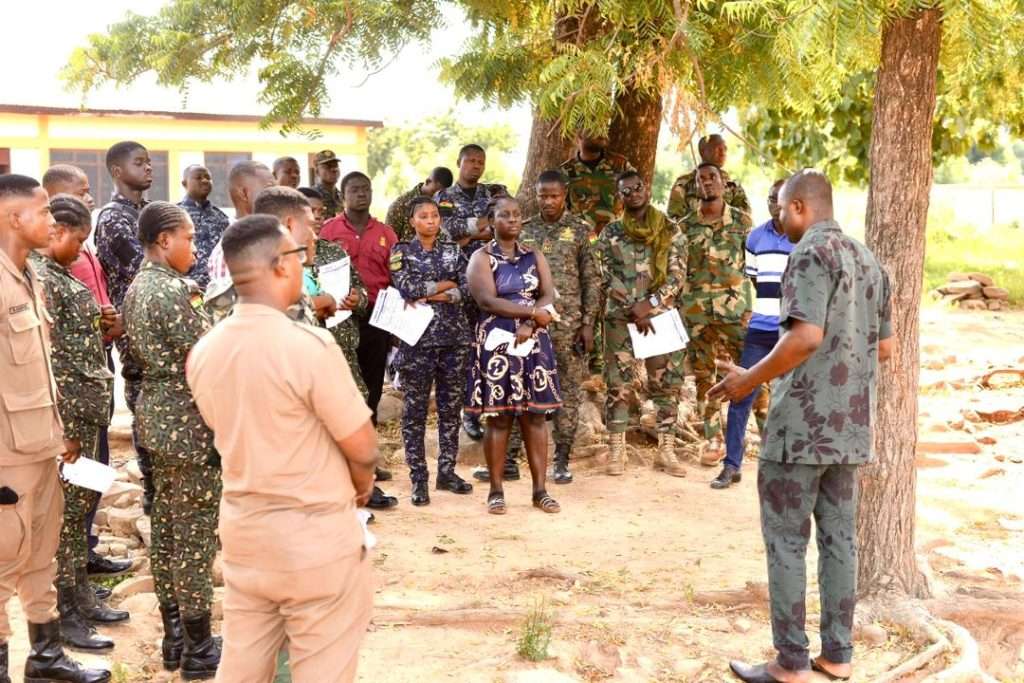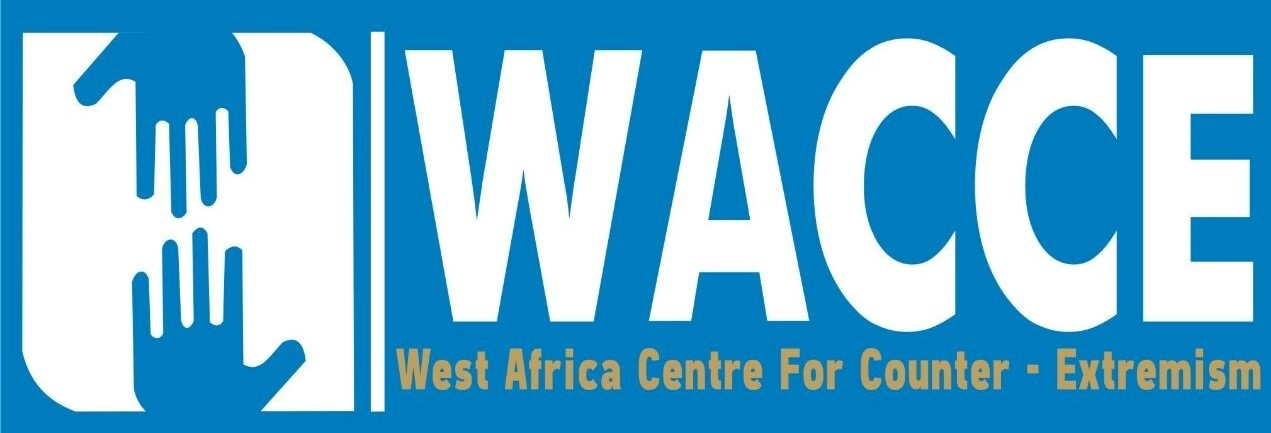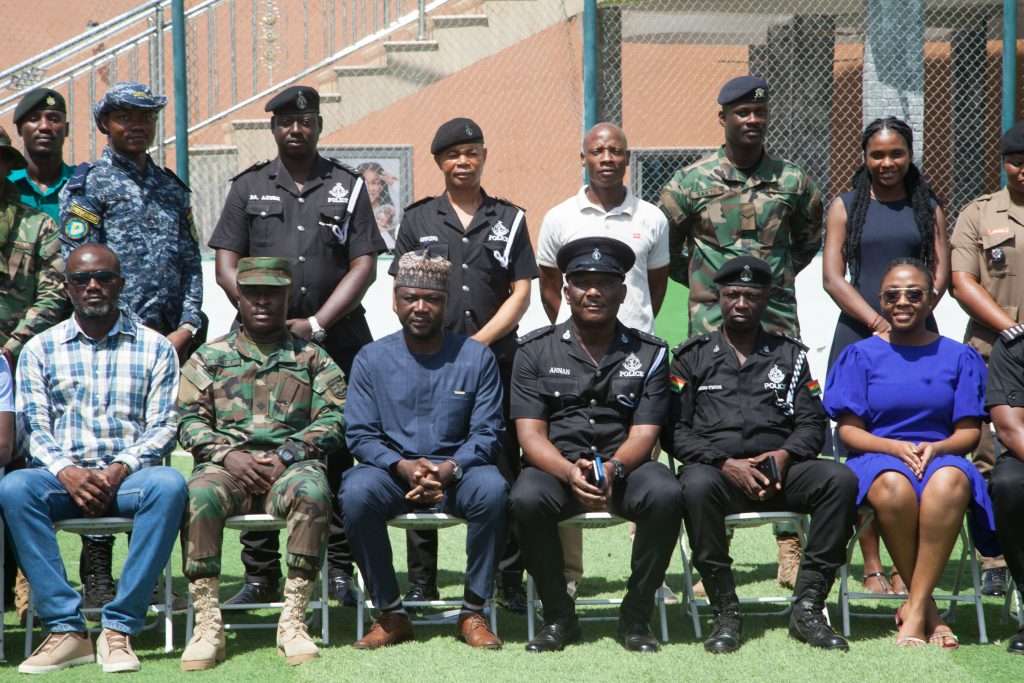
Across 12 districts in Northern Ghana, West Africa Centre for Counter-Extremism (WACCE) in partnership with STAR-Ghana Foundation and the Foundation for Security and Development in Africa (FOSDA) is empowering 360 security actors in border communities through expert-led training workshops to build resilience against violent extremism in Northern Ghana.
Border communities have become a key focus for Counter Terrorism and PVE measures as the terrorist threat continues to expand from the Sahel towards coastal states of West Africa.
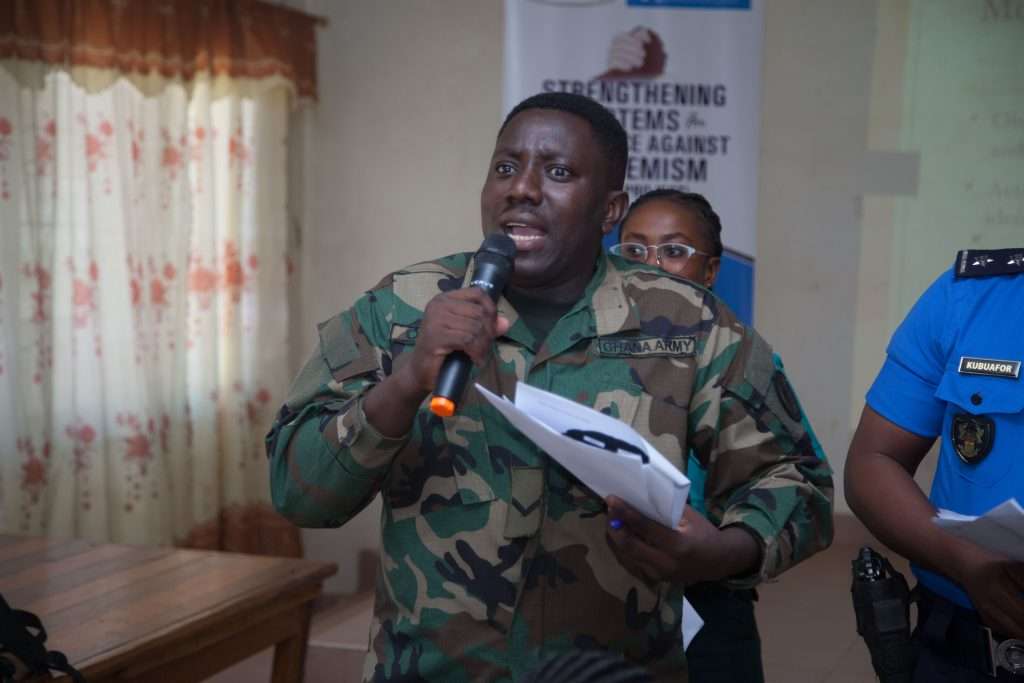 Whilst Ghana has not been attacked within home soil, the country’s proximity to the Sahel and Burkina Faso, the current epicenter of the threat highlights the significant danger Ghana’s Northern regions face. This project acknowledges and takes into account that Ghana’s vulnerabilities are pervasive and there are increasing concerns about the likely spill over. In the past two years, attacks have taken place as close as less than 18 km from Ghana’s Northern borders. There are concerns that the extremists are already present and moving among the local population. Recent studies reveal that extremist groups from Burkina Faso frequent Northern Ghana, using the country as a logistical hub to stock supplies for their operations. Extremist attacks close to Ghana’s border have exacerbated the influx of refugees, with more than 17,000 asylum seekers from Burkina Faso and the Sahel currently in Ghana
Whilst Ghana has not been attacked within home soil, the country’s proximity to the Sahel and Burkina Faso, the current epicenter of the threat highlights the significant danger Ghana’s Northern regions face. This project acknowledges and takes into account that Ghana’s vulnerabilities are pervasive and there are increasing concerns about the likely spill over. In the past two years, attacks have taken place as close as less than 18 km from Ghana’s Northern borders. There are concerns that the extremists are already present and moving among the local population. Recent studies reveal that extremist groups from Burkina Faso frequent Northern Ghana, using the country as a logistical hub to stock supplies for their operations. Extremist attacks close to Ghana’s border have exacerbated the influx of refugees, with more than 17,000 asylum seekers from Burkina Faso and the Sahel currently in Ghana
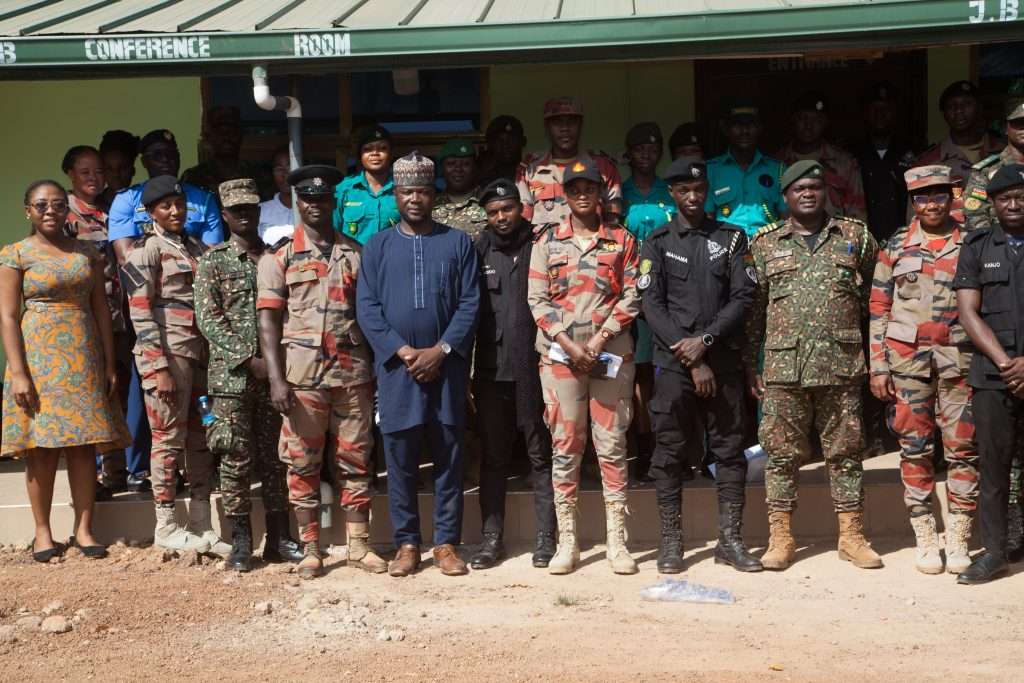
The above underscore the necessity to undertake robust initiatives to build resilience against the threat. This must include deepening awareness and ensuring a community led approach to resilience, fostering community-security agency trust and prioritizing women and youth as agents of peace.
The capacity building workshops form part of activities under the Strengthening Systems for Resilience Against Extremism (SURE) project funded by the Foreign, Commonwealth and Development Office (FCDO) intended at enhancing social cohesion and building resilience against conflicts and extremism in border communities in Northern Ghana. The activities are intended at empowering security actors to address vulnerabilities through human security frameworks and conflict-sensitive analysis. 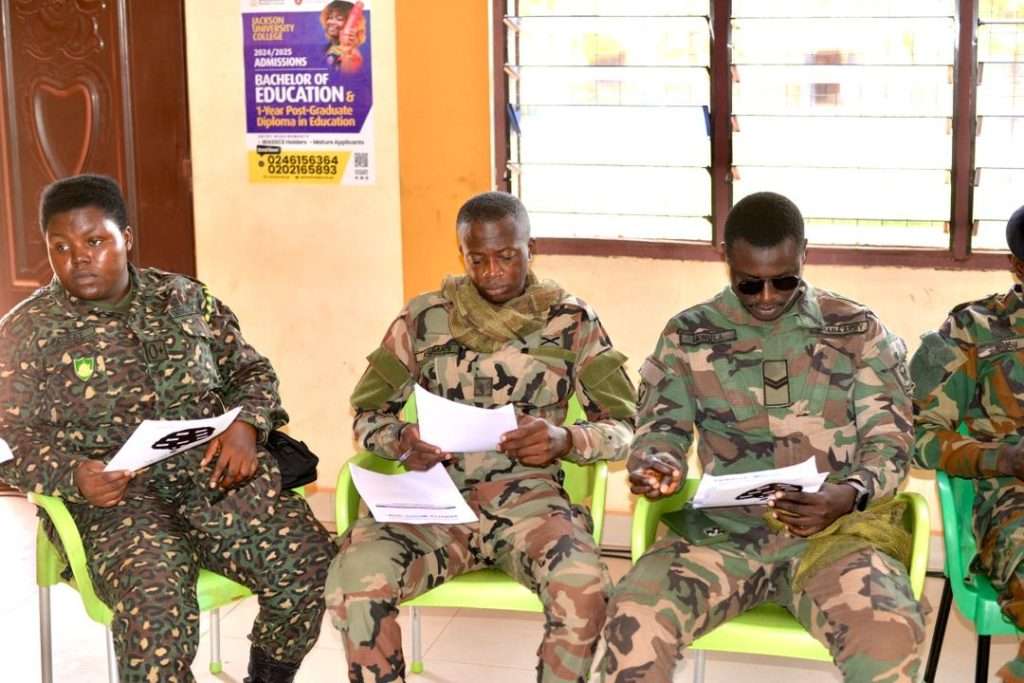
Following the workshops, there are additional activities scheduled to enhance the relationship between community members and security actors in addressing local community issues. These include Community Dialogue sessions as well as Community Planning engagement session